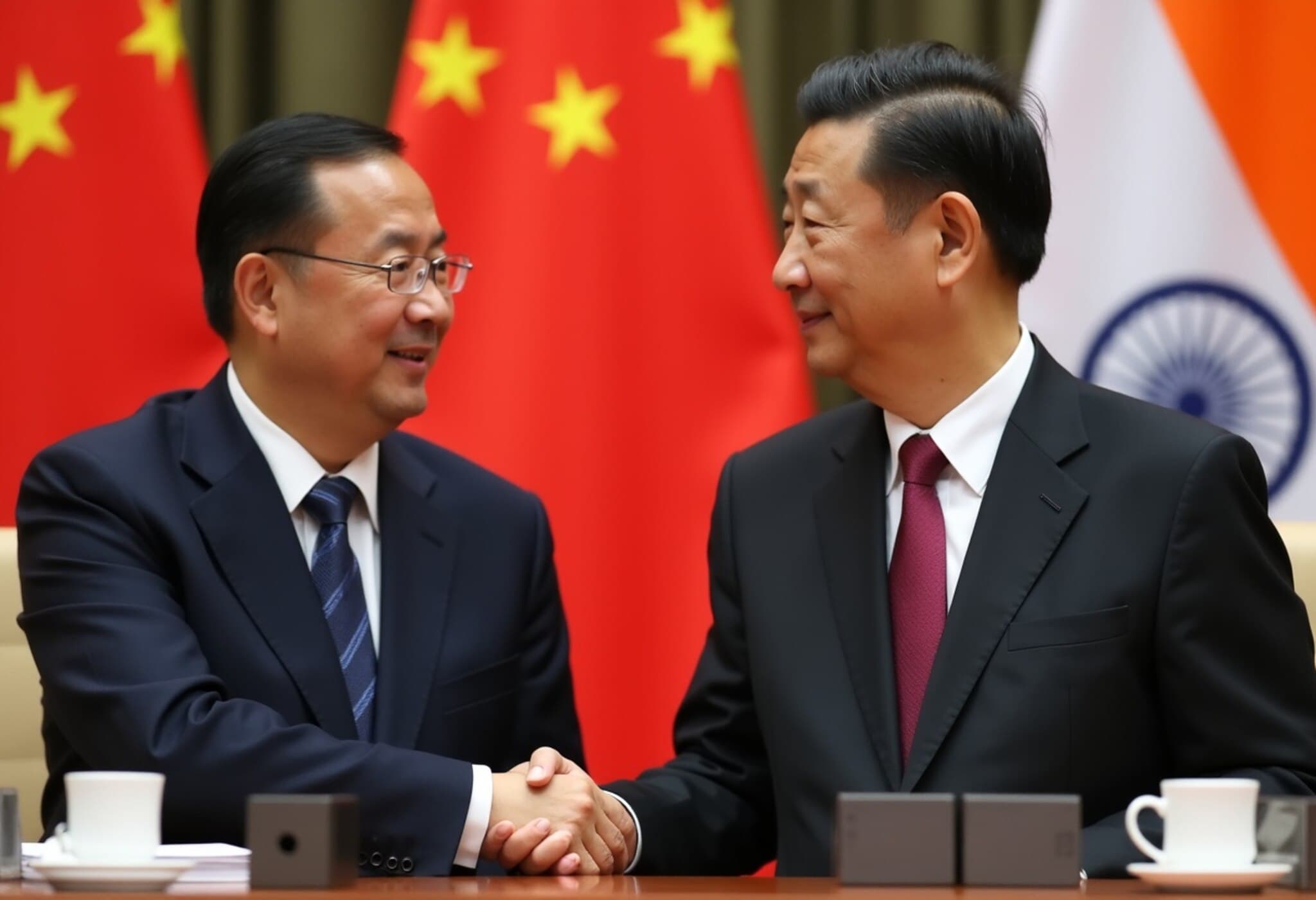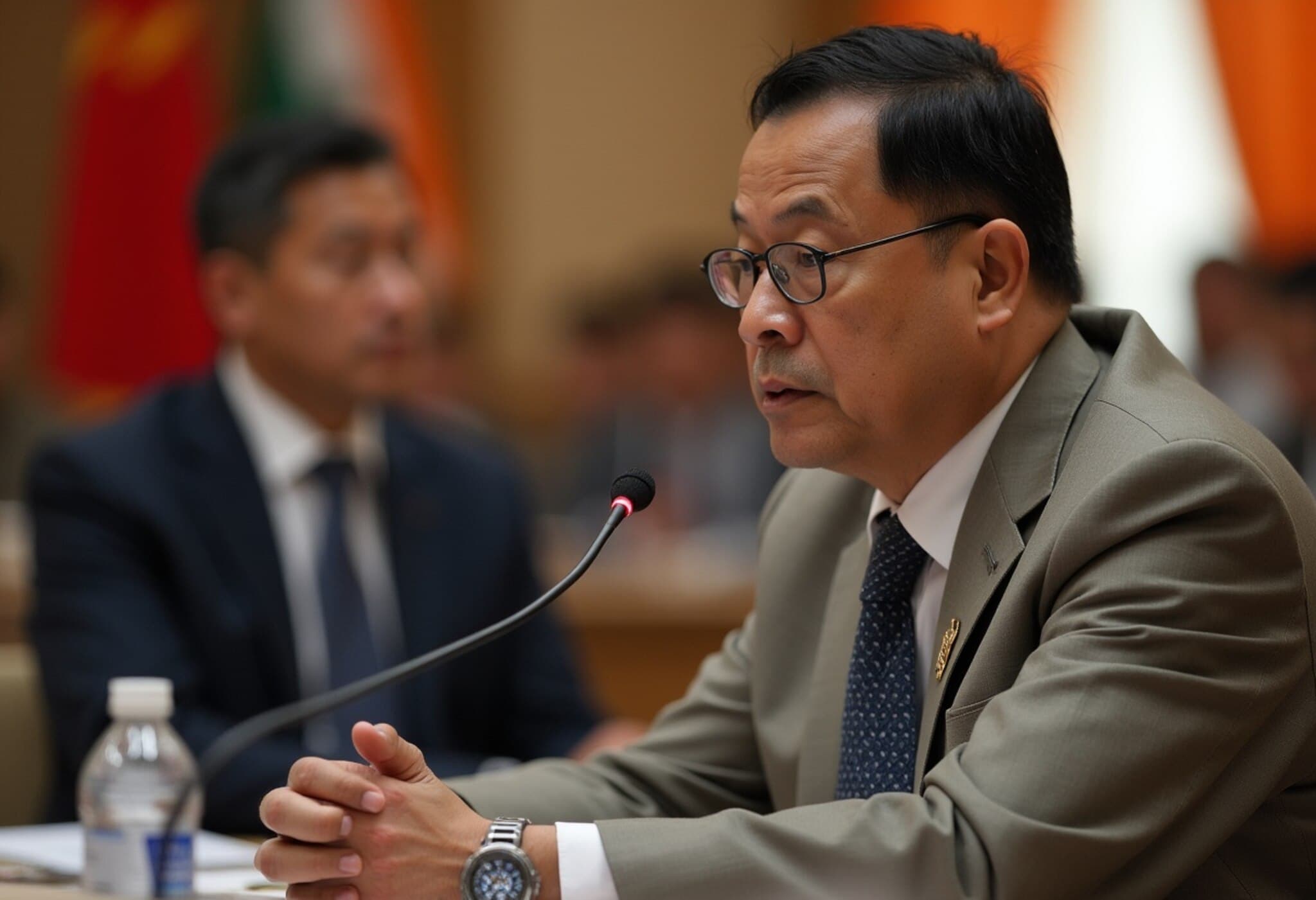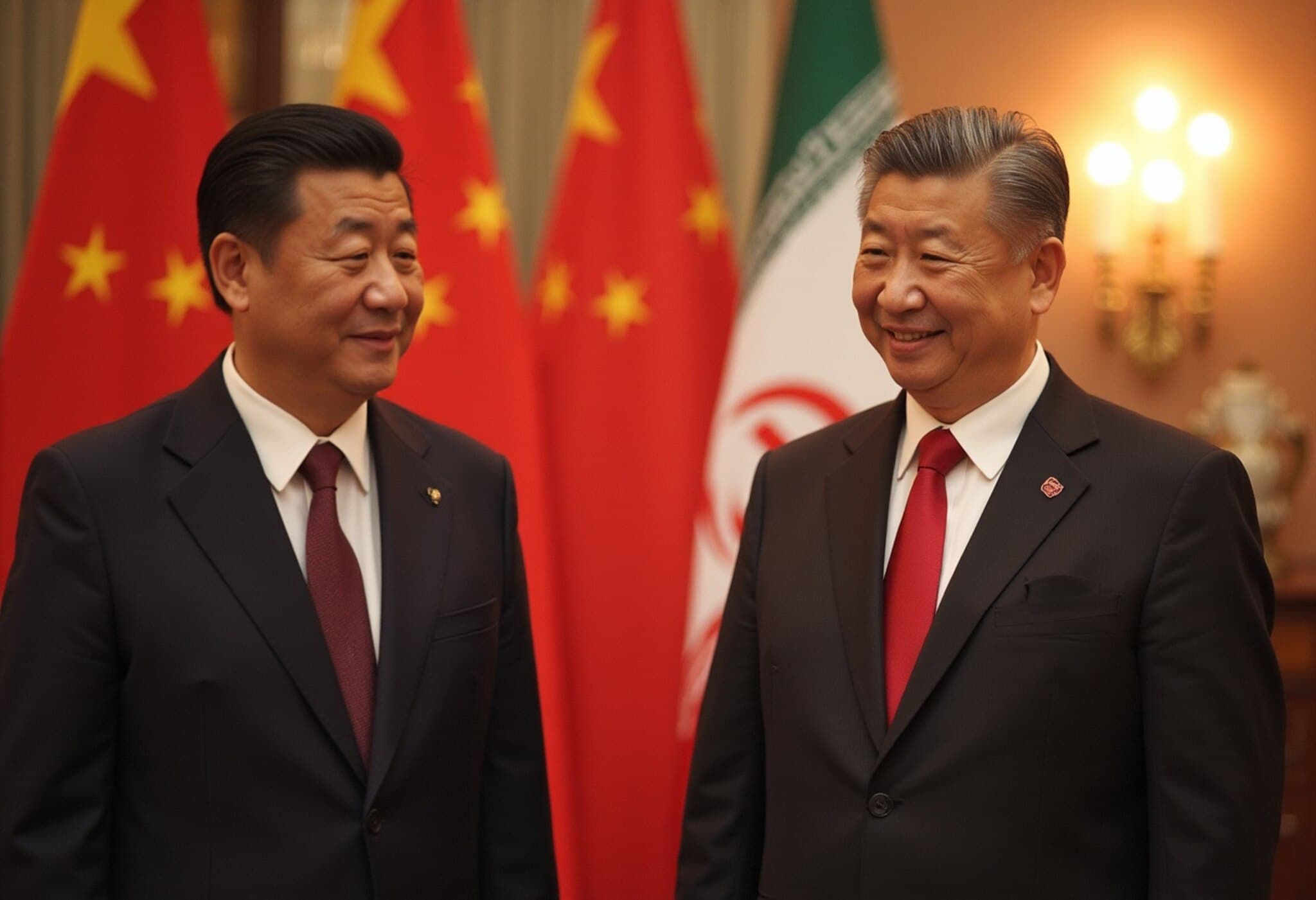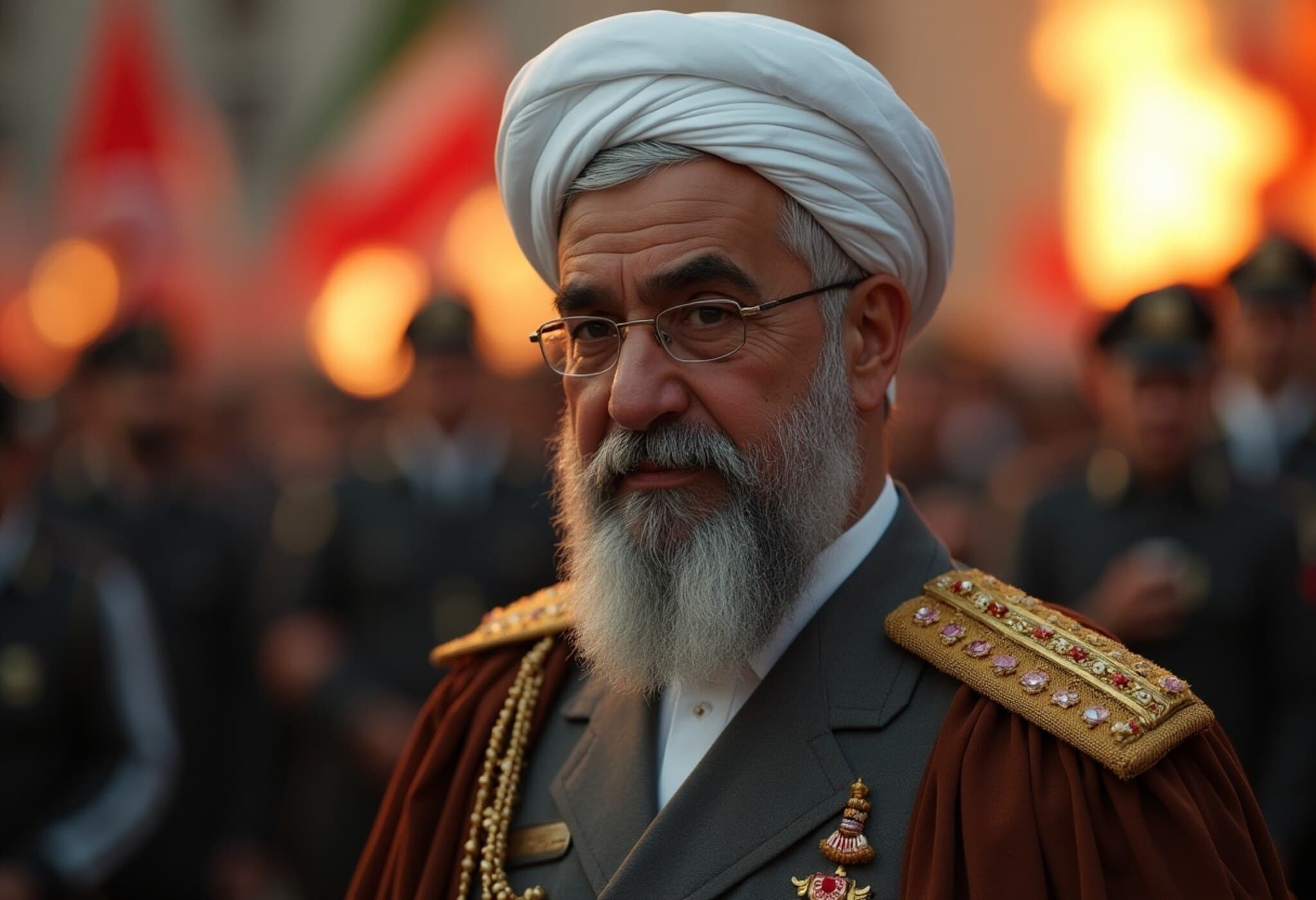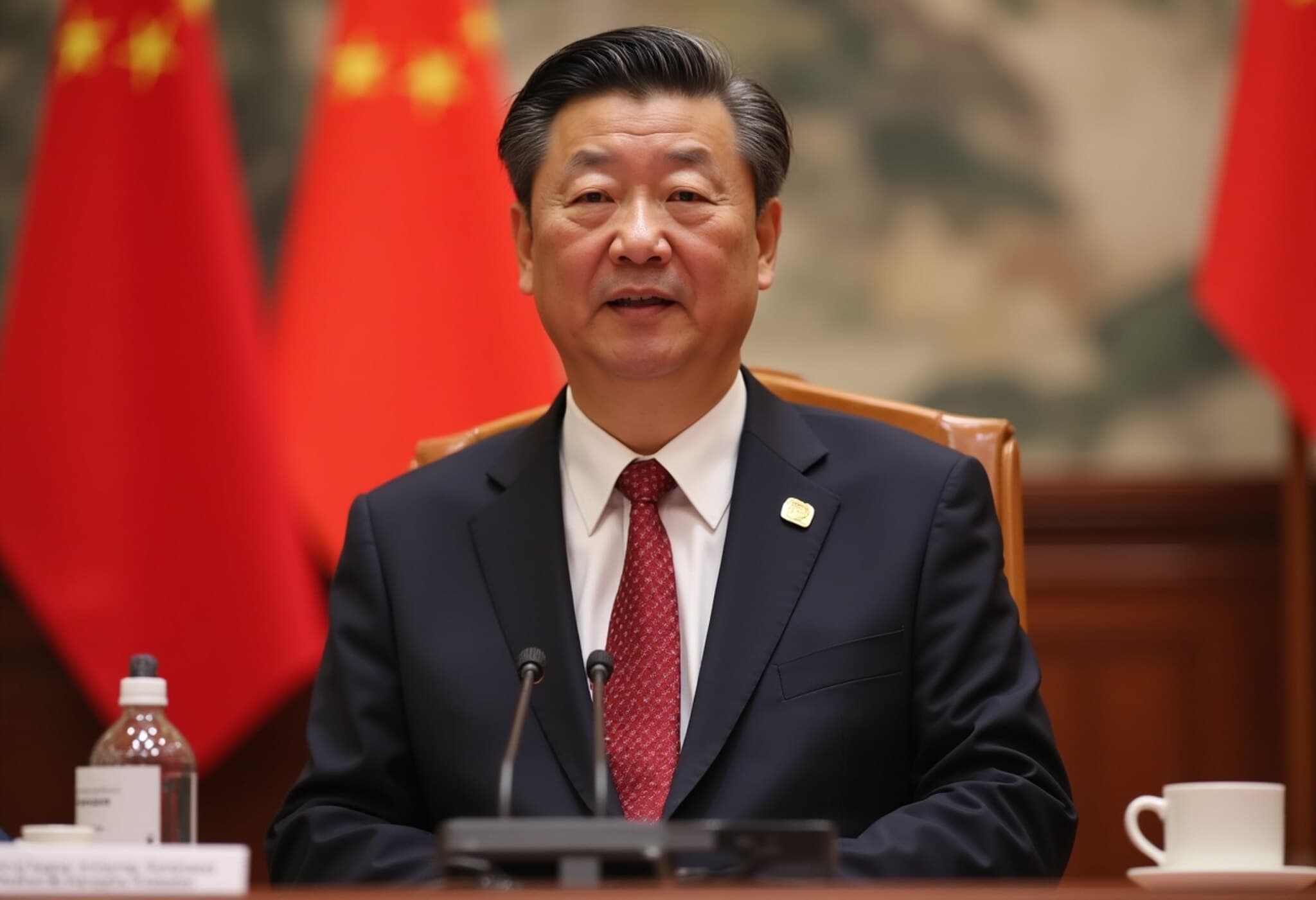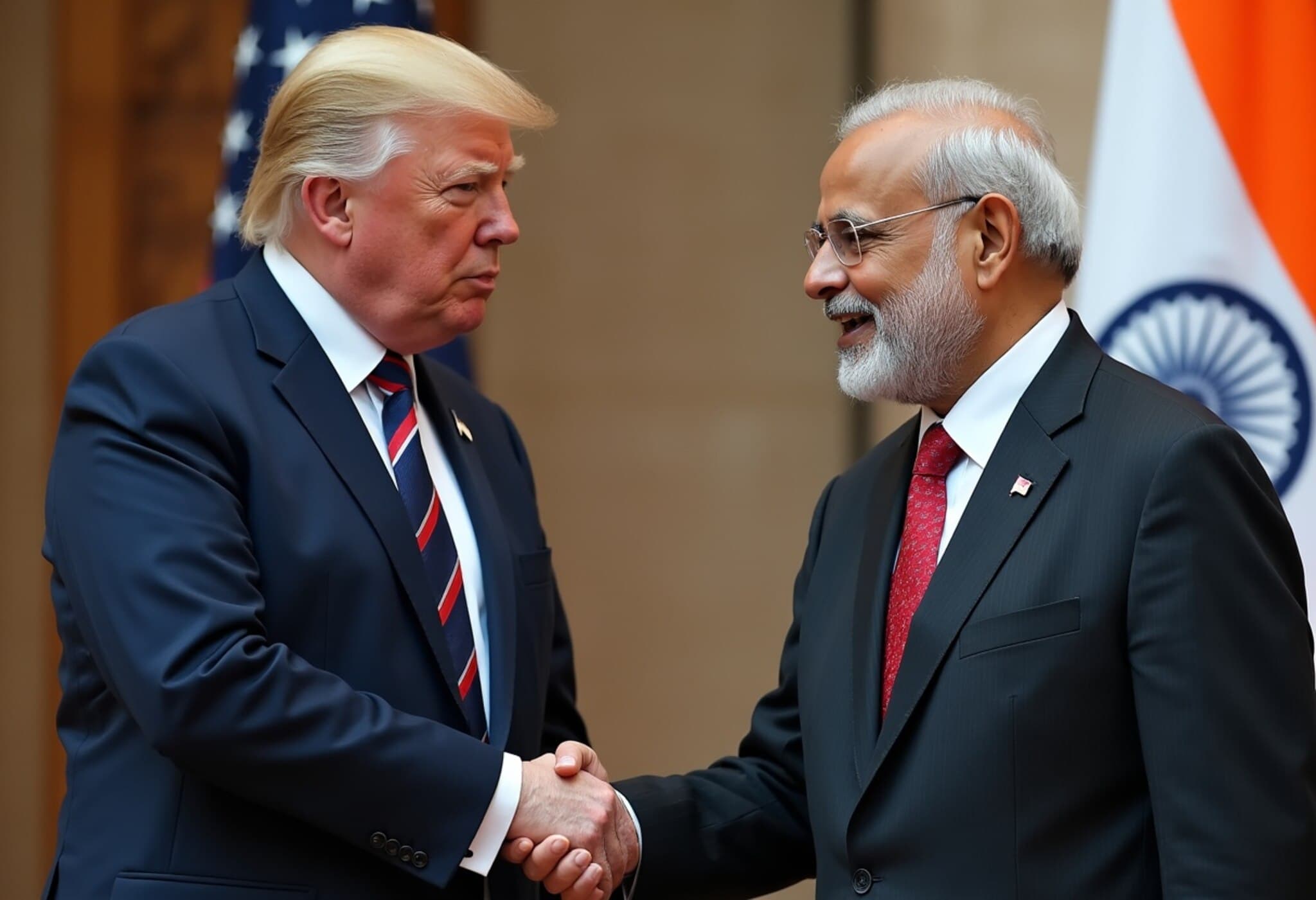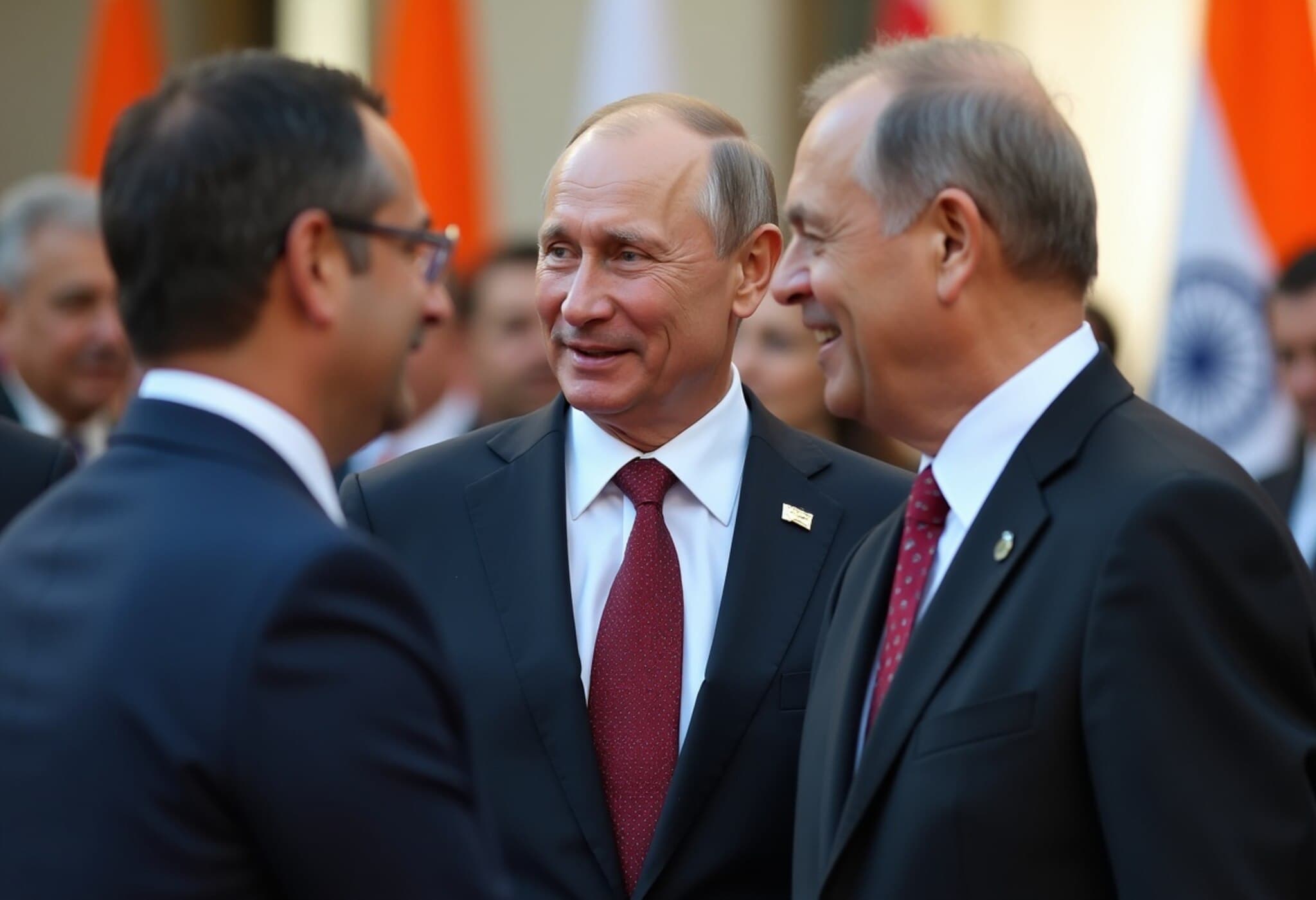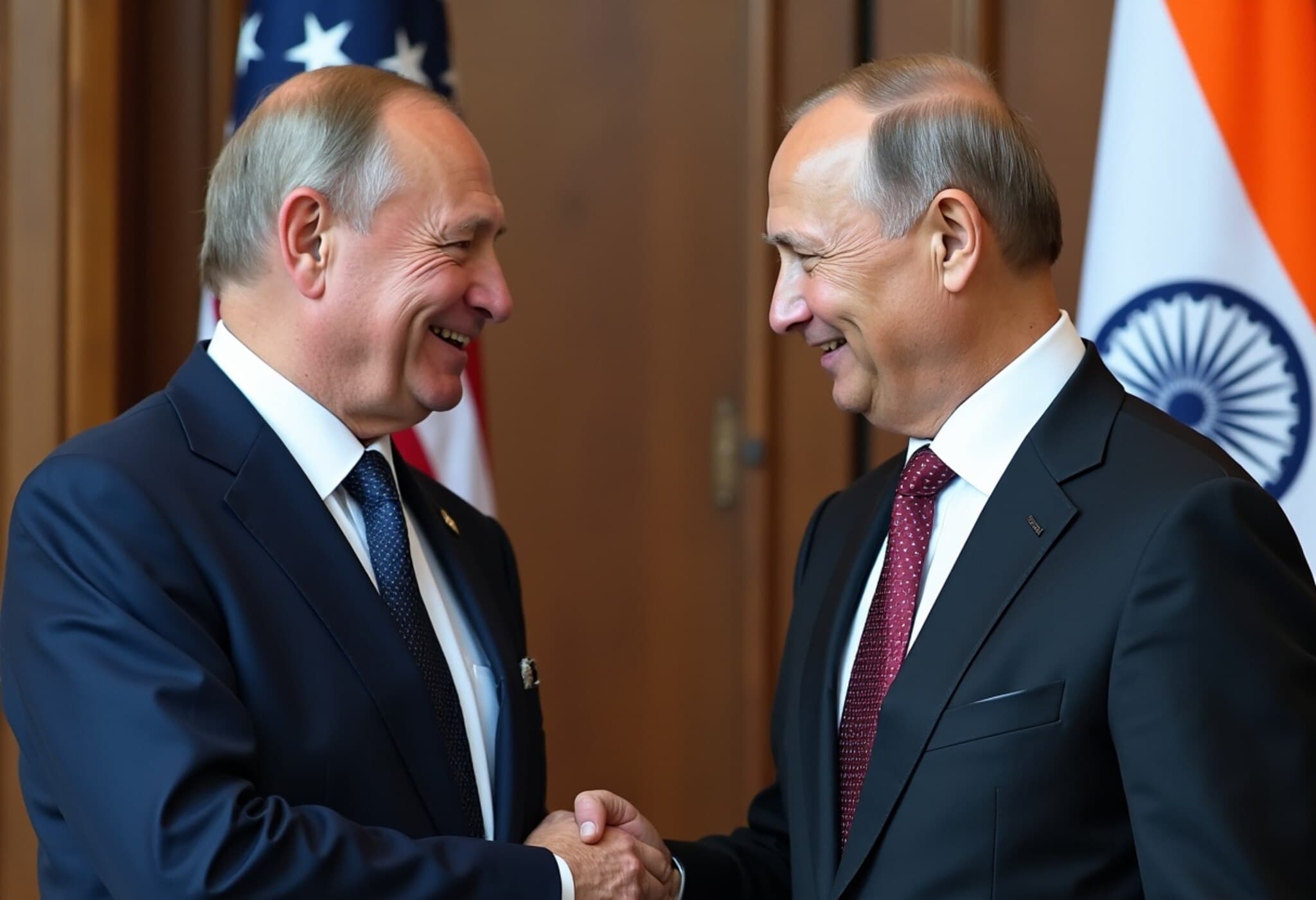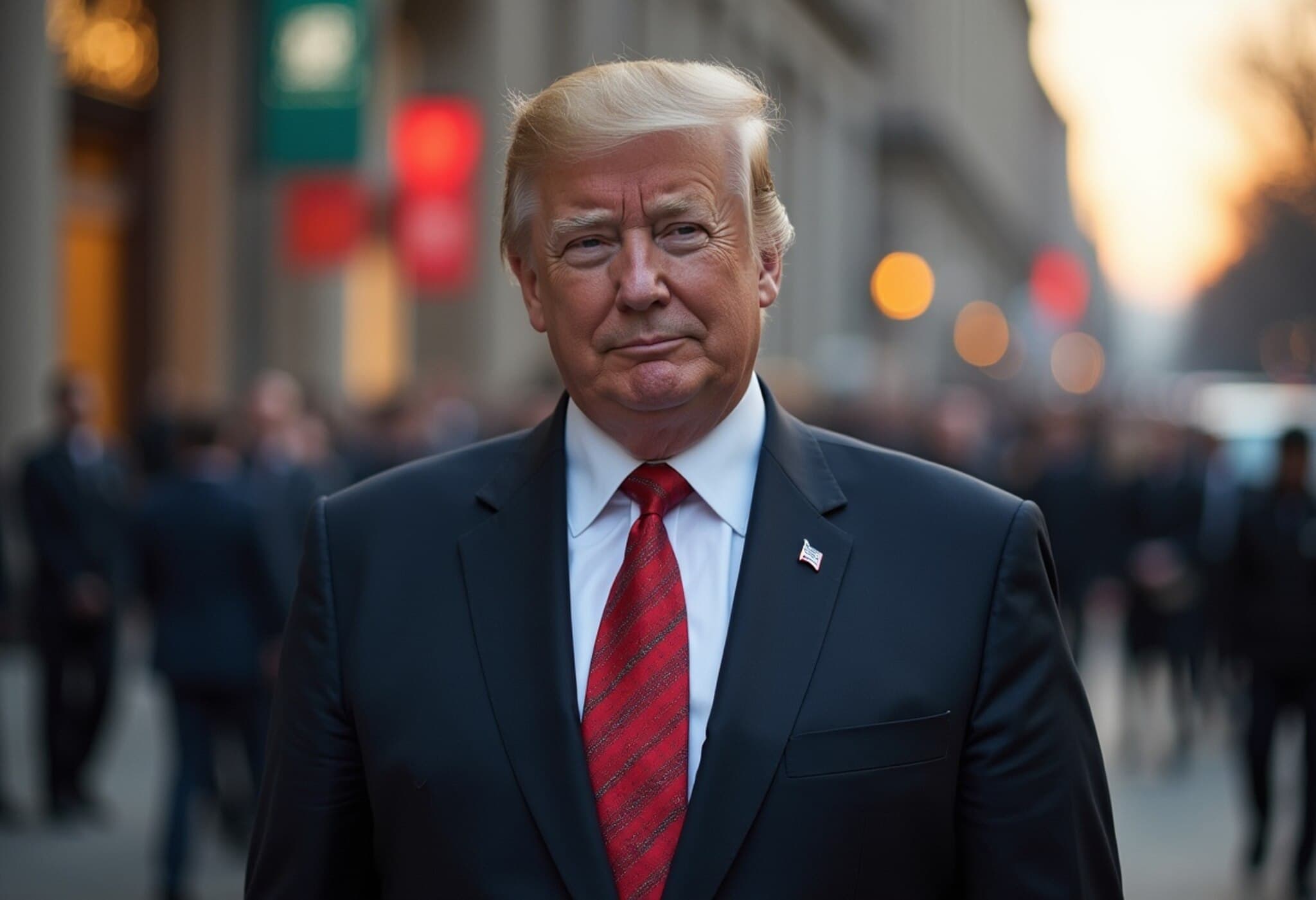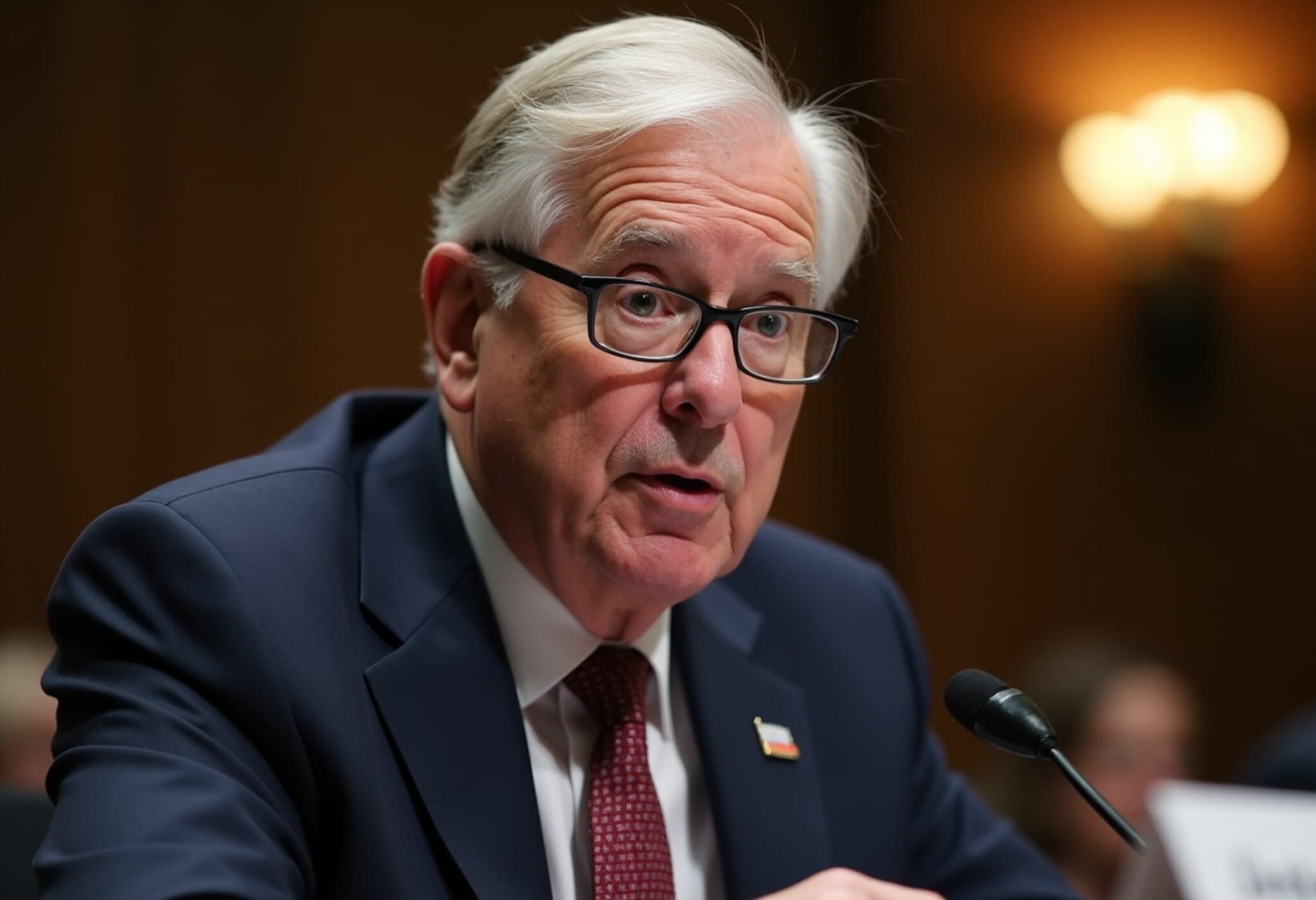UK Balances Economic Partnership with China Amid Security Challenges
The UK government has acknowledged China's growing efforts in espionage and attempts to destabilize British institutions, yet it continues to regard Beijing as an indispensable economic ally. Foreign Secretary David Lammy emphasized the undeniable influence of China, calling its power "an inescapable fact" and affirming that severing ties with the world's second largest economy is not a viable option.
Key Takeaways from the Government’s China Audit
During a parliamentary address, Lammy shared insights from the recent comprehensive review of UK-China relations, commissioned by the Labour government since coming to power nearly a year ago. The assessment highlighted that despite increased incidents of Chinese espionage and interference, China remains the UK's third largest trading partner and the second biggest source of international students for British universities.
The report underscored China's crucial role in fostering the UK's secure economic growth, while also acknowledging significant challenges. Several aspects of the review were withheld due to national security considerations.
Strategic Approach: Cooperation With Caution
Rather than labeling China as a threat comparable to Russia—a classification urged by some lawmakers—the UK government described China as a "geostrategic challenge." It acknowledged Beijing's importance in addressing global issues such as climate change, international health crises, and economic stability.
The government plans to cultivate trade and investment ties that encourage resilience and economic benefit, but it remains clear that stark disagreements persist on matters like human rights and cybersecurity, fueling ongoing tensions.
Political Reactions and Context
- The Conservative opposition criticized the government's stance, with Priti Patel accusing it of naivety towards China's intentions. Another Conservative MP, Harriet Cross, called Beijing "at best unreliable and at worst hostile."
- UK-China relations have cooled significantly since the "golden era" under former Prime Minister David Cameron in 2015, especially following allegations of Chinese cyberespionage, the clampdown on Hong Kong freedoms, and China’s support for Russia amid the Ukraine conflict.
- No immediate response came from China regarding the audit’s findings.
The Bigger Picture: National Security and Global Challenges
The China audit forms part of a wider national security review signaling a tougher, more focused UK approach in an increasingly complex geopolitical landscape. Prime Minister Keir Starmer’s administration has committed to raising security spending to 5% of GDP by 2035, including 3.5% on defense and 1.5% on broader security and resilience measures. Currently, defense spending stands at 2.3% of GDP, expected to rise to 2.6% by 2027.
Overall, the UK faces the challenge of maintaining a delicate balance: seeking economic engagement with China while safeguarding national security and upholding core values.





